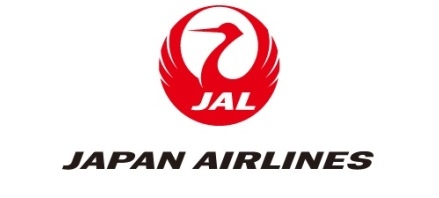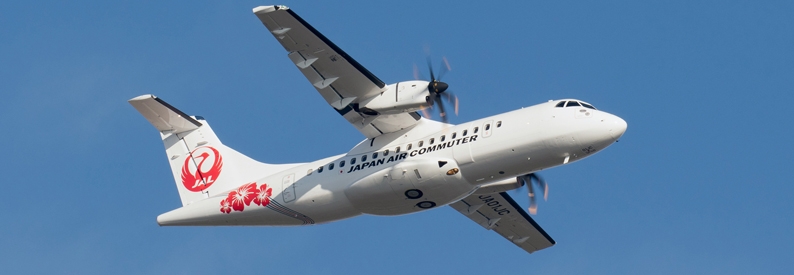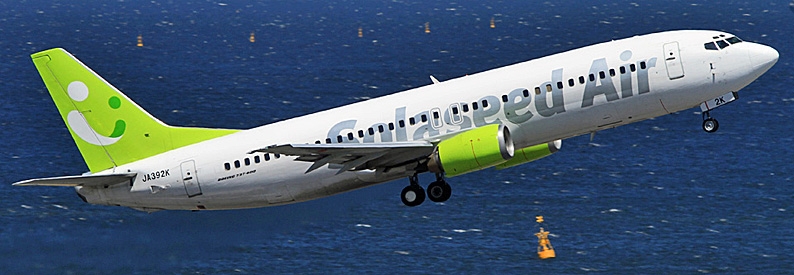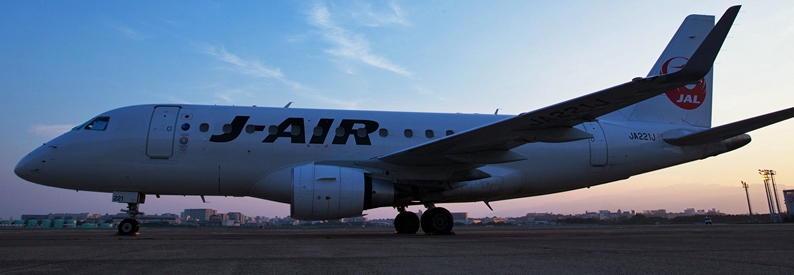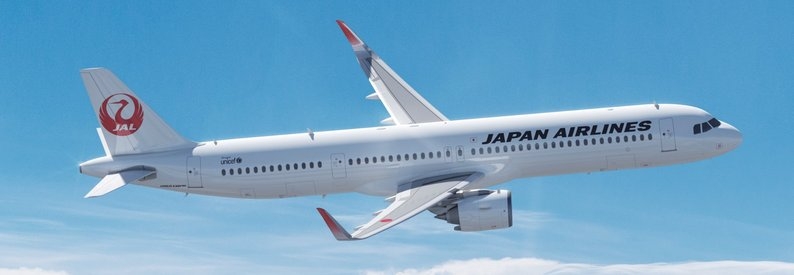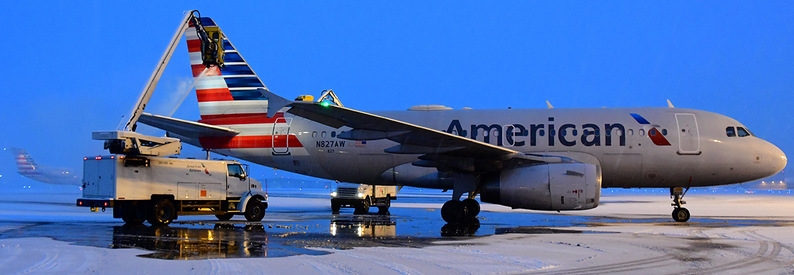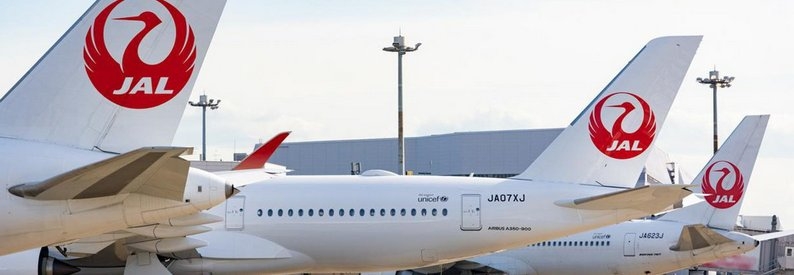More positive about the prospects for domestic leisure travel than for international or business travel, JAL - Japan Airlines (JL, Tokyo Haneda) plans to create a network with its three low-cost subsidiaries to tap rebounding post-coronavirus leisure travel demand, Yuji Akasaka, the company’s president, said at a press conference on October 7.
The regional LCCs are Jetstar Japan, operated together with Qantas; Spring, a joint venture with China’s Spring Airlines; and its wholly-owned ZIPAIR, all of which are based at Tokyo Narita. Akasaka did not say whether this would entail acquisitions to merge their operations.
“Aviation will not return to what it was before, and business travel demand could even shrink further. One of our targets is tourism,” he said, as quoted by Reuters.
Some domestic demand in Japan has returned, thanks to the government’s Go to Travel campaign, which provides subsidies of up to 50% on people’s costs for transport within Japan as well as hotels, restaurants, tourist attractions, and shopping.
“The impact of that campaign has been significant, and in late September going into October we are seeing traveller numbers increase to about 50% of what they were a year ago,” Akasaka said.
Because of the campaign, both Japan Airlines and ANA - All Nippon Airways (NH, Tokyo Haneda) have said that they will make smaller cuts than planned to domestic flights in November, Jiji Press reported on October 8.
JAL will suspend 6,722 flights scheduled for November, or 26% of all domestic services originally scheduled, less severe than 40% in September and 36% in October, while ANA will suspend 6,337 domestic flights in November, or 29%, after making a 43% cut in October.
Akasaka told Nikkei in an interview on October 5 that Japan Airlines would reduce its focus on international business travel to strengthen its low-cost network. Demand for business travel by air is likely to shrink by 20-30%, he said.
“We have focused on business travellers taking mainly our international flights, but that demand will not come back to where it used to be. We need to leverage on low-cost models which suit holiday use so that it can complement reduced business demand,” he explained, naming ZIPAIR, Jetstar Japan, and Spring as airlines that could assume a more prominent role.
JAL will “thoroughly build low-cost carrier networks” around Narita, Akasaka said. “We will support each other. JAL will help Jetstar Japan and Spring for their survival.” As previously reported, JAL’s board of directors gave their initial support in early September to plans to increase investment in Spring, which has posted a net loss for eight straight financial years.
However, Akasaka cautioned that JAL itself may need further state support if its finances continue to deteriorate. During the press conference, he said the carrier would seek to boost revenues from businesses such as drone parcel deliveries. On September 22, it announced a venture with Matternet to deploy the Californian company’s urban drone logistics platform to Tokyo.
- Type
- Base
- Aircraft
- Destinations
- Routes
- Daily Flights
